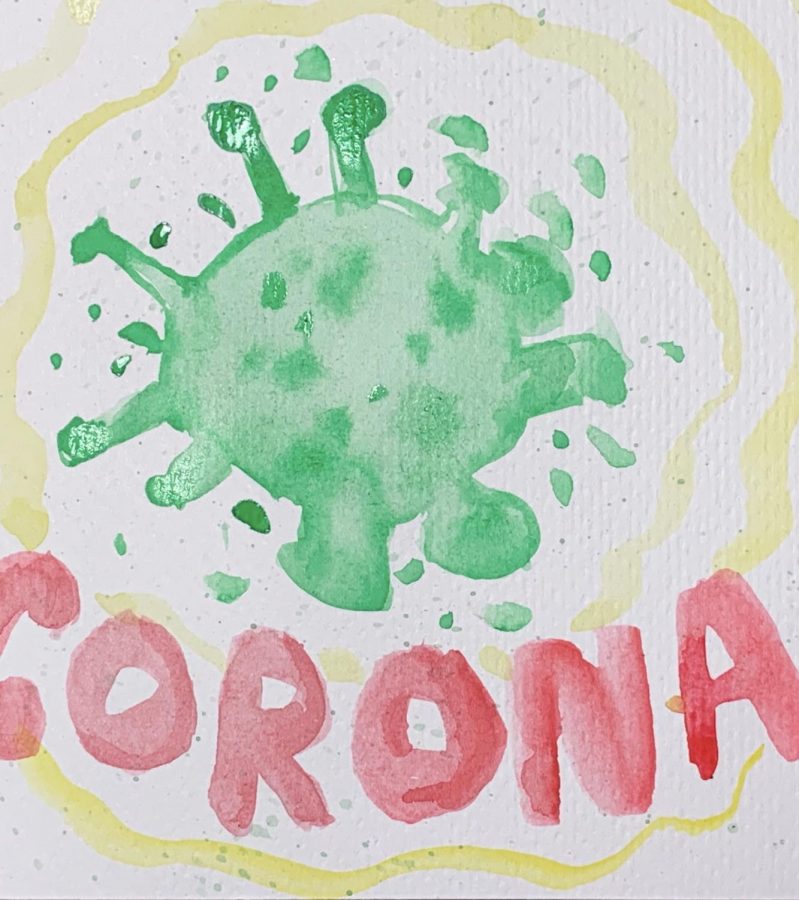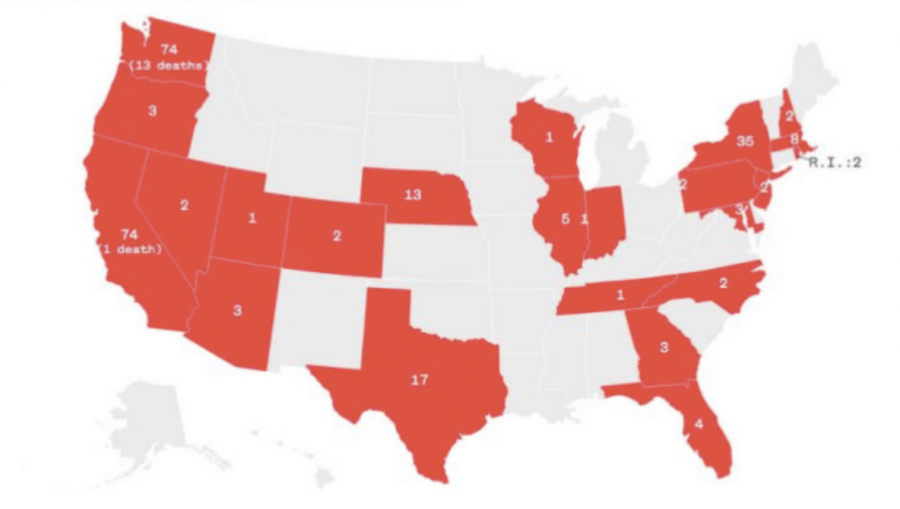
By Madison Sell ’18
On Oct. 27, Twitter announced its discontinuance of Vine videos, an application originally deemed one of Twitter’s “foundational acquisitions”, and an application that many Staples students are aware and fond of.
James Bjorkman 18 says, “I am a constant user of vine and am absolutely devastated of Twitter’s decision to discontinue the app.”
Twitter purchased Vine, an app dedicated to creating six second mini videos, in 2012 shortly after the original launch of the application. It became extremely popular for mostly comedic use in 2014, but its life was short lived. According to a 7Park Data research panel, the percentage of people in the U.S. who use Vine is now below 1 percent, falling quickly from its peak at 4 percent in 2014.
In order to accumulate more profit and improve the appearance of their website for potential investors, Twitter recently decided to “implement new initiatives”, according to their post about this situation. This included eliminating 9 percent of jobs and deleting Vine for all future use.
The company said, “We value you, your Vines, and are going to do this the right way…You’ll be able to access and download your Vines. We’ll be keeping the website online because we think it’s important to still be able to watch all the incredible Vines that have been made.”
While Twitter plans on allowing previously posted Vines to still be viewable on the Twitter website and phone application, many people are outraged over the discontinuance of this app they once loved. Posts on social media outlets are expressing this outrage.
According to the LA Times, the underwhelming success, lack thereof, of Vine was not unexpected. The co-founders eventually quit and Twitter was quite slow in investing. Additionally, the emergence of video on Instagram in 2013 created more competition.
Another factor in Vine’s decline and overall failure was the gradual lack of interest and favorability from its users. Vine stars eventually became apathetic towards the six second limit and transitioned to Youtube to produce longer videos, according to the LA Times.
For these reasons, Twitter’s decision to discontinue Vine, while not popular among users of the app, is not unexpected. The students of Staples high school will experience the nostalgia from 2014 and be deeply saddened by the disappearance of an app they once loved. Cayne Mandel ’17 says, “Yeah, I was very interested in Vine. I used to watch it every second of the day, it is so funny. I am pretty upset because it was a fantastic app and now I have nothing to do in my free time.”

























































